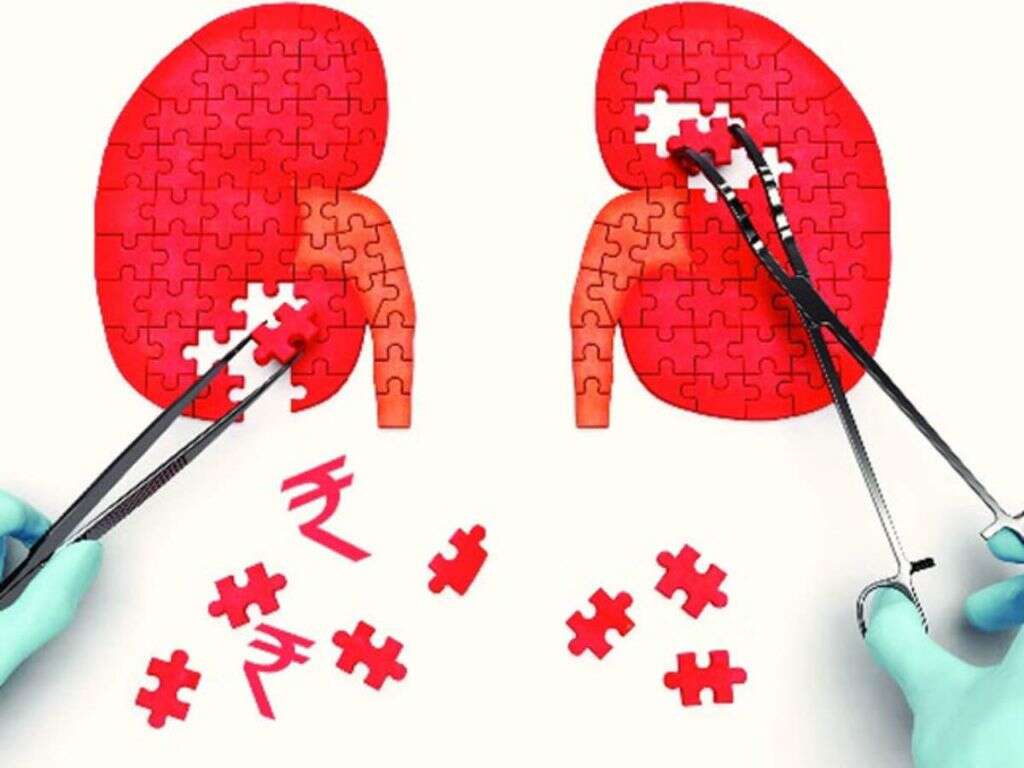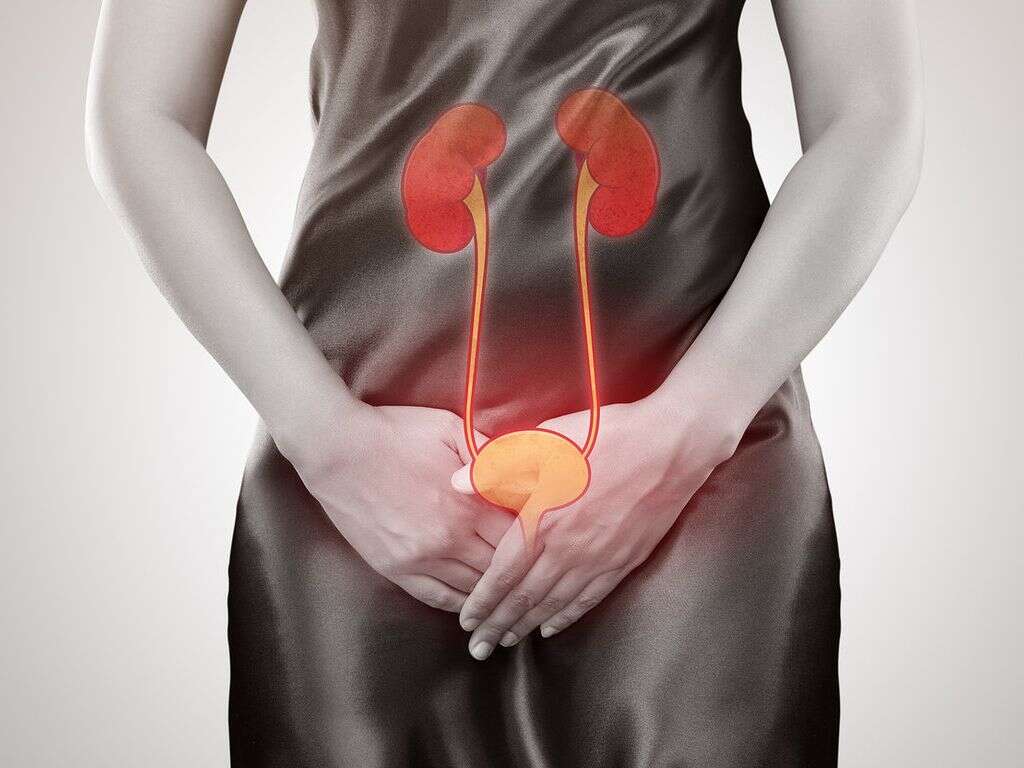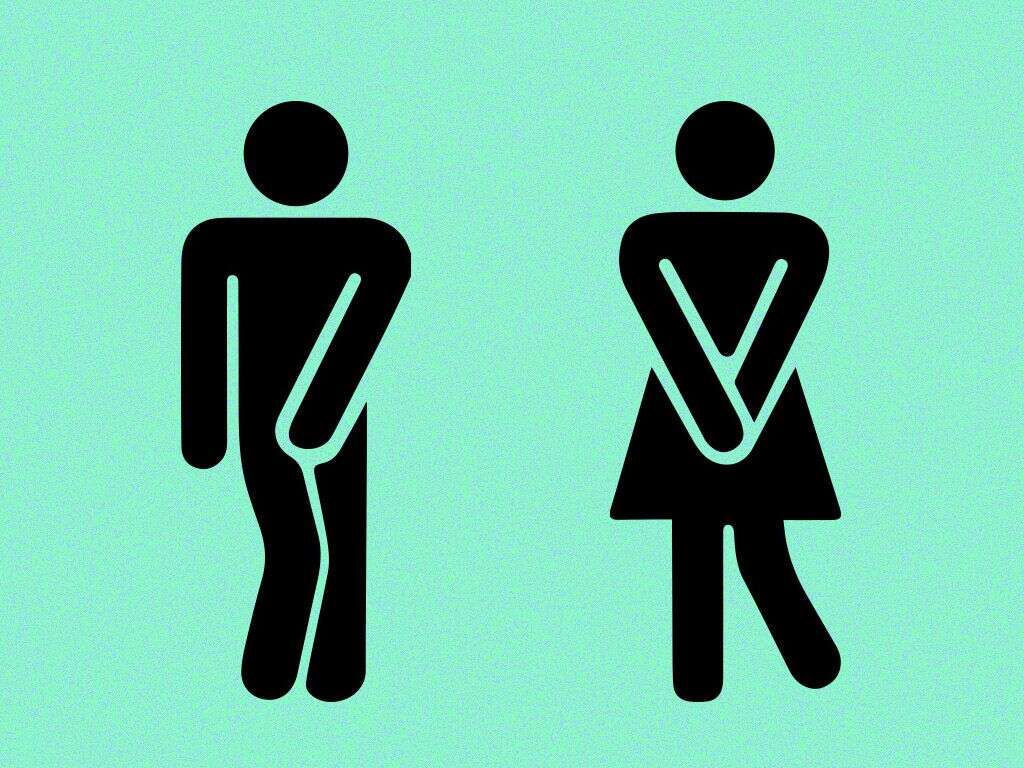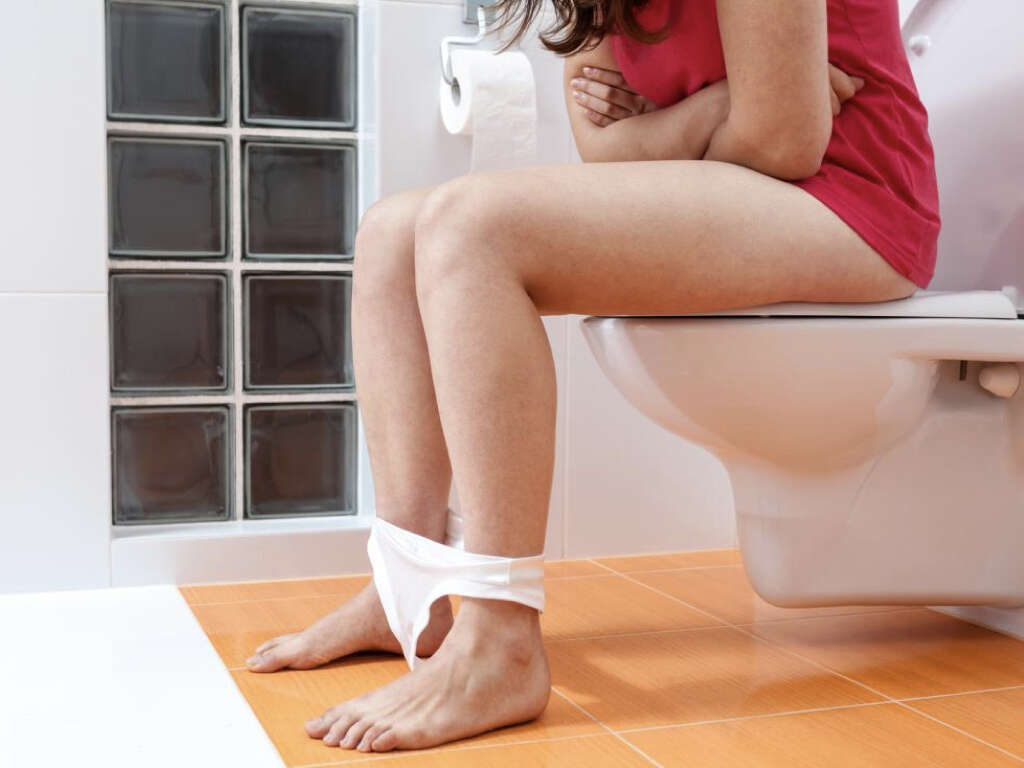10 Causes of Dysuria
Dysuria is a term used to describe painful urination. Chronic difficulty urinating or a burning, sharp, or uncomfortable sensation while urinating may be indicative of dysuria. It is most often caused by inflammation of the urethra. However, there are many possible causes of dysuria (such as the examples listed below), so the symptom itself doesn’t indicate any specific condition.
With dysuria, some other symptoms may or may not be present. Bloody urine, cloudy urine, or urine that’s a drastically different shade or color than usual may be signs of a more serious problem. If dysuria occurs, then it’s a good idea to see a doctor to confirm its cause since serious complications may develop if the condition is left untreated.

Cause #1: Chlamydia
Chlamydia is a very common sexually transmitted disease caused by a bacterial infection. The infection can cause inflammation and pain in the genital area, including the urinary pathways. Chronic pain during urination could be an indication of chlamydia.
It can affect both men and women, and it can occur in other areas of the body besides the urethra, most notably the rectum or the throat. Another sexually transmitted disease that can lead to painful urination is gonorrhea.
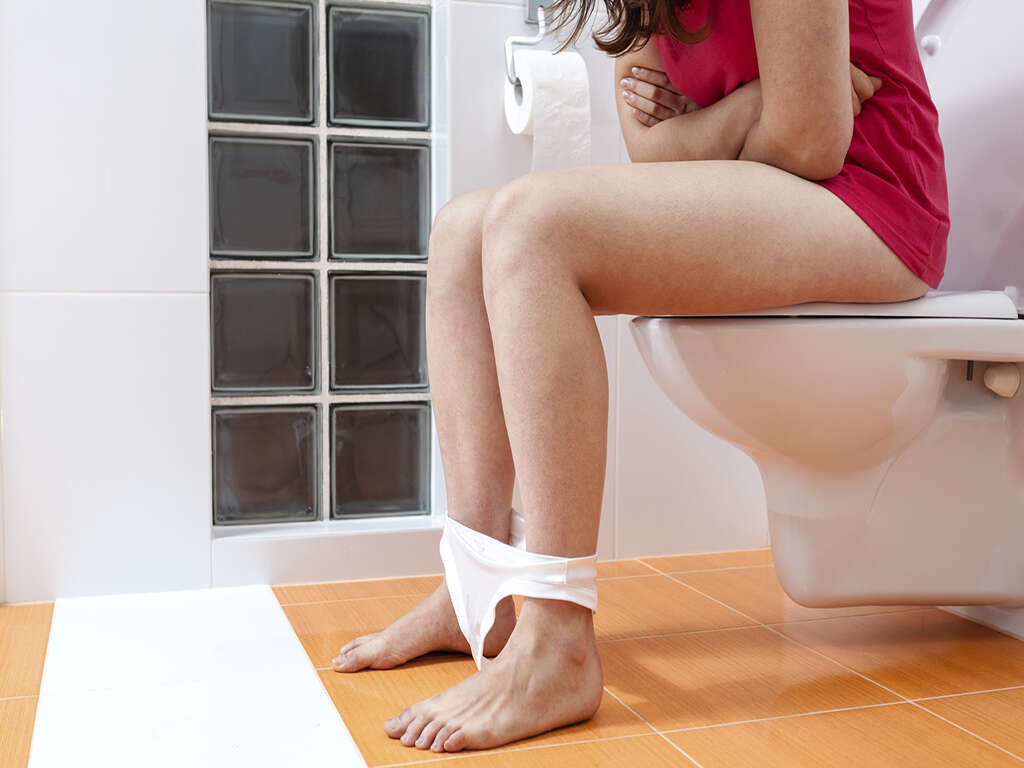
Cause #2: Cystitis
Cystitis is an inflammatory condition that affects the bladder. Cystitis is most often caused by a urinary tract infection, which occurs when bacteria invade the bladder or the urethra. Once inside the body, these bacteria begin to multiply.
The immune system initiates an inflammatory response to make it more difficult for the bacteria to proliferate. When inflammation occurs, the bladder becomes irritated, red, and swollen. Consequently, one of the most common symptoms associated with cystitis is painful urination.

Cause #3: Pyelonephritis
Pyelonephritis is inflammation of the kidneys. Like many of the other conditions on this list, it’s caused by a bacterial infection. Patients may develop a fever, nausea, and sores or abscesses around the kidneys. One of the most common symptoms associated with pyelonephritis is a change in urination; patients often urinate more frequently and find it painful or uncomfortable to do so.
The consistency and color of the urine might also change, becoming dark or pale. Patients may also expel greater quantities of urine when suffering from a kidney-related problem.
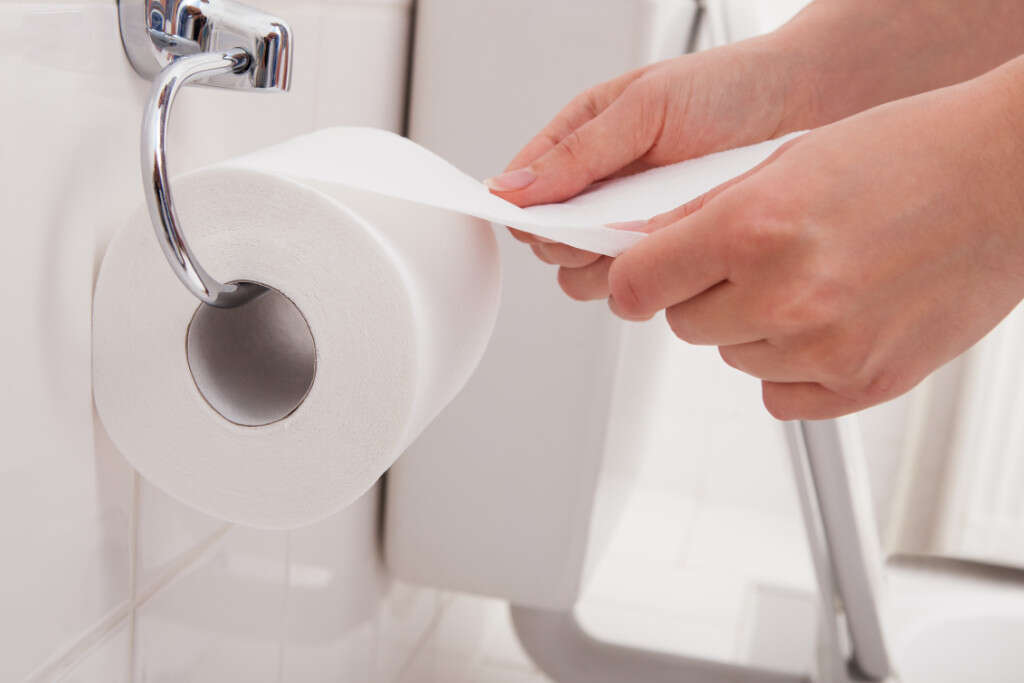
Cause #4: Prostatitis
Prostatitis, or infection of the prostate, is a problem that affects men. The prostate is the walnut-sized gland located right below the bladder. It is involved in the production of semen. The prostate also provides the sperm with nutrition and helps transport it throughout the body.
Prostatitis occurs when the prostate becomes swollen and inflamed. When the prostate becomes inflamed, it presses against the bladder, which can make urination painful or uncomfortable.
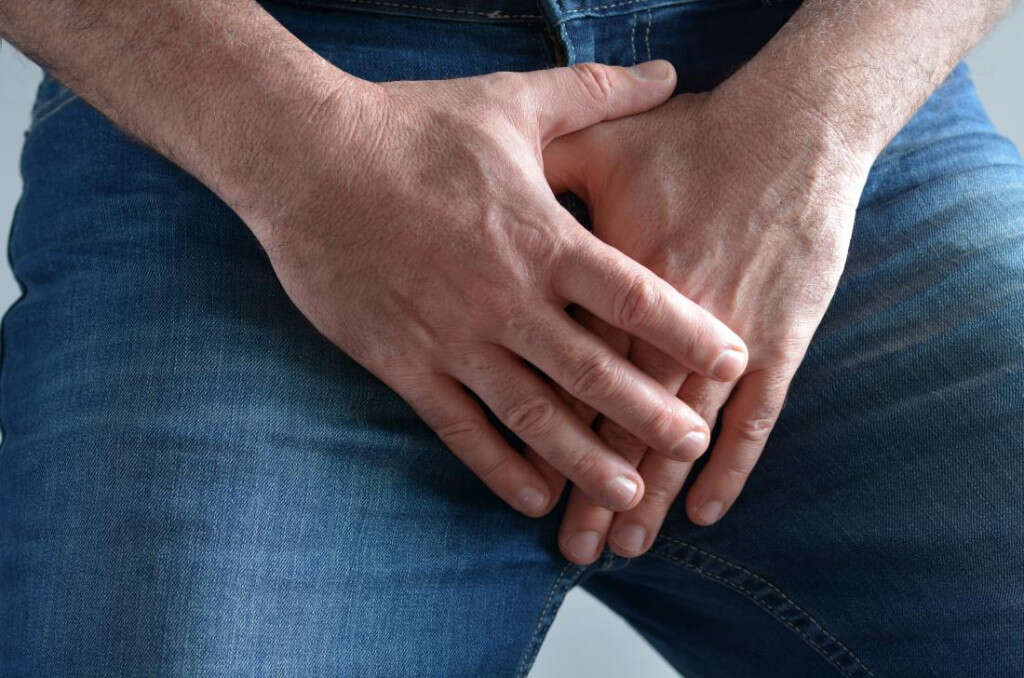
Cause #5: Urethritis
Urethritis is an inflammatory condition of the urethra that is often caused by a bacterial infection. The urethra is the tube through which urine travels on its way out of the body.
The most common symptom of urethritis is painful or difficult urination. It can also lead to difficult or uncomfortable ejaculation. Urethritis can usually be cured with antibiotics.

Cause #6: Trauma
Physical trauma can result in painful urination. The trauma may be temporary, but it may also need medical treatment. For instance, if the sexual organs are damaged during sexual intercourse, it can lead to difficult or painful urination. Surgery is also a possible source of physical trauma.
If a catheter is placed incorrectly or if a woman’s IUD isn’t installed properly, for example, the patient may experience difficulty urinating as a result. Though it is less common, injuries that directly affect the area can also lead to painful urination.

Cause #7: Anatomical Issues
Painful urination can arise because of a person’s unique anatomical structure. For example, men who have enlarged prostates may eventually experience difficulty urinating.
If their prostate continues to grow or swell, it can press against the bladder and cause discomfort. Some people may also have a different urethral structure than most. If this goes unnoticed, it can develop into a serious issue.

Cause #8: Allergic Reactions
Frequent use of health-care products or deodorizers on the sexual organs may result in an allergic reaction. If painful urination develops after using any such products, then stop using the products to see if this alleviates the symptoms.
It may simply be a negative response to the product’s ingredients. If that doesn’t help, seek medical attention.

Cause #9: Cancer
Though it is not the most common cause of dysuria, various types of cancer can result in this symptom. The types of cancer responsible are usually those that affect the body parts associated with painful urination: the vagina, the bladder, the prostate, the urethra, or the penis.
Cancer is a painful condition on its own, and there are a number of complications, such as tumors, that can emerge as a result of contracting the disease. If these tumors press on the urethra, or any other area in the urinary tract, it can become painful or difficult to urinate.

Cause #10: Hormonal Issues
Hormones are highly involved in maintaining and regulating the health of the sexual organs. If hormones become imbalanced, then it’s quite possible to develop a condition in which it is painful and uncomfortable to urinate. Women in menopause, for example, may experience painful urination because they are more likely to develop vaginal dryness, which makes urination unpleasant.
Also, bodybuilders who use steroids may experience painful urination as a result of physical changes that emerge as a result of hormonal changes.




